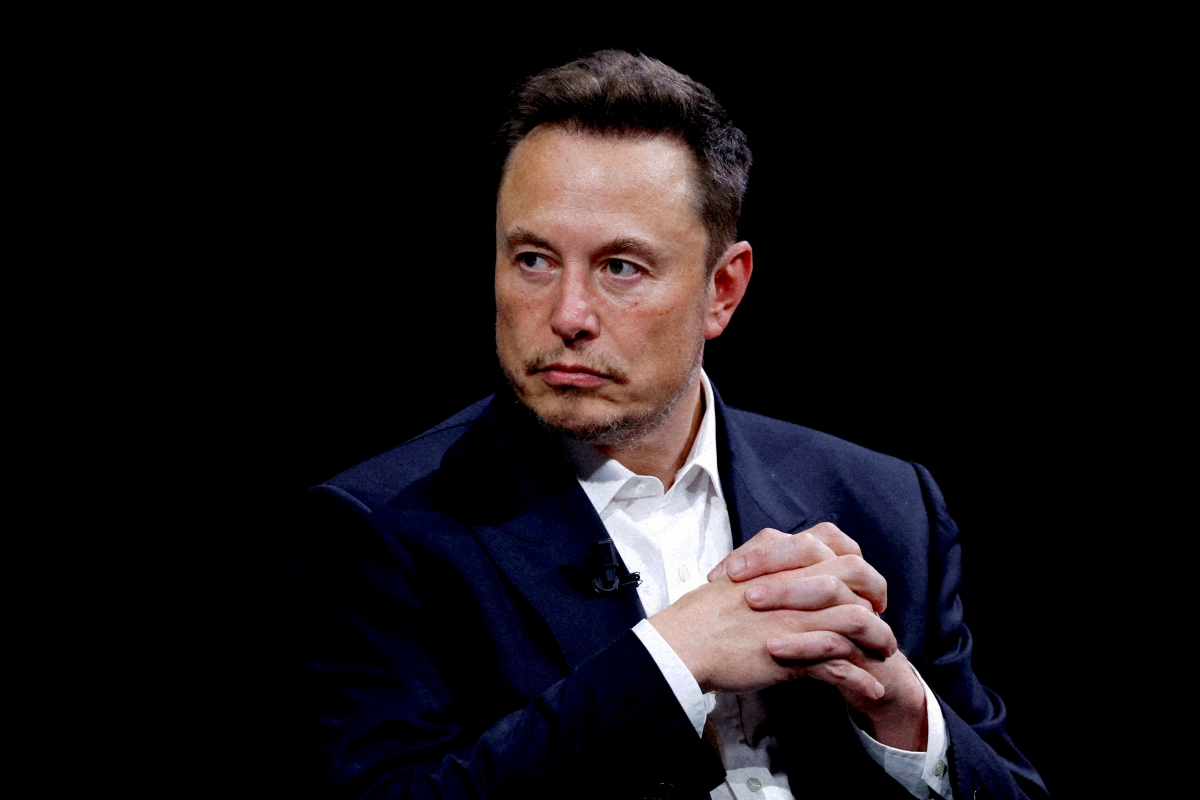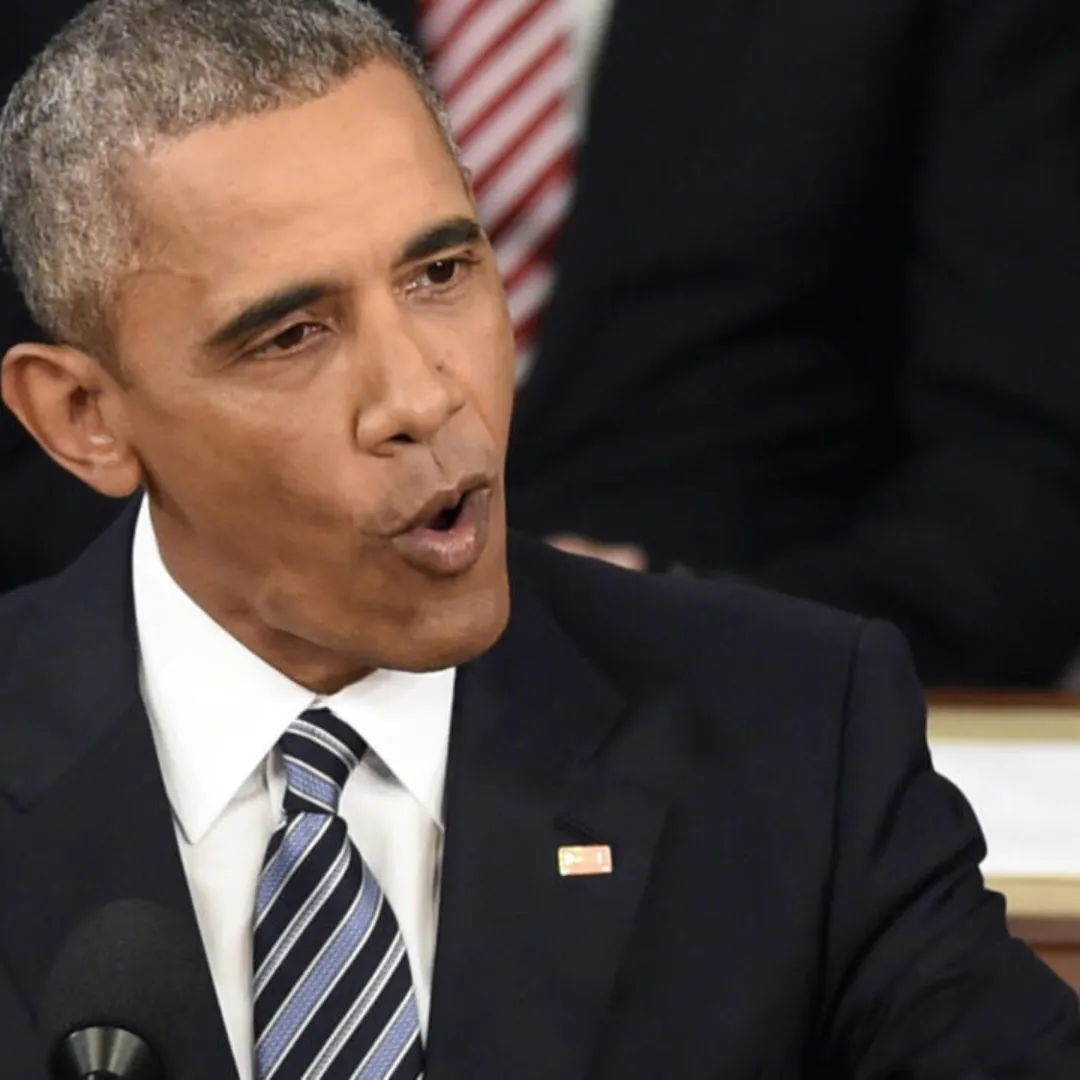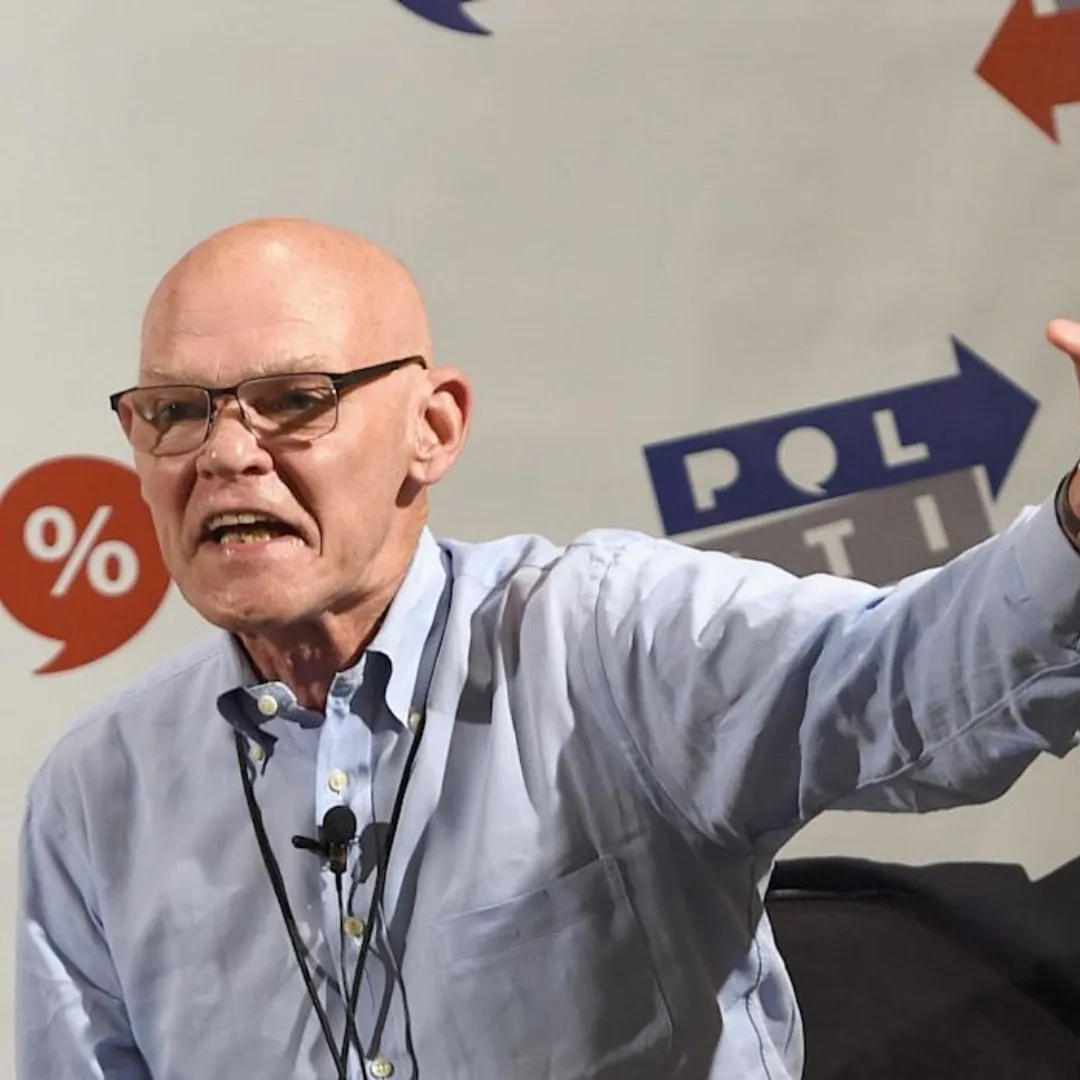
In a tense exchange on CNN’s NewsNight with Abby Phillip, former New Hampshire Governor Chris Sununu sharply criticized Elon Musk for his approach to the cuts ordered by the Department of Government Efficiency (DOGE), the controversial initiative designed to slash government spending by targeting waste, fraud, and abuse.
Sununu, a Republican and prominent voice in state-level politics, singled out Musk’s messaging as the key problem, arguing that while reducing inefficiency in government is important, Musk’s tone and lack of empathy were exacerbating the fallout.
“I think the key here is bad messaging, right? … I think people appreciate waste, fraud, and abuse. Let’s go after it,” Sununu said, expressing his agreement with the general goals of DOGE.
“But how he’s messaging it, pulling up the chainsaw, showing not an empathetic ear, I mean, we have to cut a lot of jobs, but you don’t do it without empathy and understanding that these are people’s lives.”
Sununu’s comments come as Musk’s role in DOGE has attracted increasing scrutiny, particularly as Musk, an unelected public figure, assumes an unusually prominent role in shaping federal policy.
The tech billionaire’s decision to overhaul government agencies — including substantial cuts to the federal workforce — has sparked considerable public backlash, with critics accusing him of lacking the experience and judgment to make such far-reaching decisions. In response to these criticisms, Musk’s rhetoric has remained unapologetic, even combative, which has further strained his standing among both the public and some GOP allies.
Musk’s influence in Washington reached new heights after his close ally, President Donald Trump, appointed him as the head of the Department of Government Efficiency (DOGE) in 2023.
The department’s mission is simple: reduce government waste by cutting down on inefficiency, eliminating redundant programs, and increasing the speed of government services. However, the execution of that mission has been anything but straightforward.
Musk’s hands-on leadership style — characterized by his direct, often brash approach to management — has turned DOGE into a lightning rod for controversy. In his characteristic manner, Musk has insisted that the government, like any business, must optimize its operations.
He has described his role in DOGE as “the same as running a business,” where the focus is on results rather than the political complexities of governance.

However, Musk’s methods have raised alarms. His penchant for cutting programs quickly and without much explanation has drawn criticism from both Democrats and Republicans, who argue that many of the services targeted by DOGE are vital to public welfare.
Moreover, the mass layoffs that have resulted from DOGE’s initiatives have strained relationships with federal employees and unions.
For Sununu, a pragmatic governor who has navigated the complexities of running a state, Musk’s aggressive stance has appeared out of touch with the realities of government. While he agrees that the federal government should become more efficient, Sununu emphasizes that empathy and understanding are key.
Chris Sununu’s critique of Musk’s messaging struck a chord with those who argue that effective governance isn’t just about cutting costs, but about communicating with the public in a way that fosters trust. Sununu has called for more careful messaging from the Trump administration, particularly in matters as sensitive as federal employee layoffs.
The idea of cutting government jobs — especially when it comes to services that citizens rely on, such as Social Security, healthcare, and veterans’ services — is a politically fraught issue.
Sununu pointed out that government employees are people too, and that cutting jobs should be handled with compassion and respect. Musk’s blunt “chainsaw” approach to government efficiency, Sununu argued, alienates those who could be most affected by such cuts.
At the heart of the debate is the question of how much transparency and empathy are necessary in government reform. While Musk has championed the idea of slicing through bureaucracy in order to streamline government functions, critics argue that without a nuanced and sensitive approach, these reforms could undermine public trust and fuel political instability.
While Sununu’s remarks on CNN reflect the concerns of traditional conservatives, Musk’s response to these critiques has been defiant, if not outright dismissive. Musk, known for his combative social media presence, took to X (formerly Twitter) to defend his actions and address his critics.
“My companies make great products that people love and I’ve never physically hurt anyone,” Musk wrote on his social platform, responding to the backlash. “So why the hate and violence against me?”
Musk’s boastful defense underscores a larger issue: his inability or unwillingness to fully engage with the complexities of government reform. Rather than addressing the concerns of those who feel threatened by the cuts, Musk continues to frame the issue as a personal vendetta against him, dismissing critics as “woke” or out of touch.
One of Musk’s most incendiary remarks came when he described himself as a “deadly threat to the woke mind parasite.” For many, this only deepened the perception that Musk’s leadership at DOGE was more about pushing a personal ideological agenda than about pursuing practical, bipartisan solutions to government inefficiency.
While Musk’s supporters argue that his corporate success and unorthodox leadership style are what make him the right choice to overhaul the federal bureaucracy, recent polling suggests that Americans are increasingly skeptical about Musk’s qualifications for the role.
A March CNN/SSRS poll found that 62% of respondents believed Musk lacked the experience required to lead the Department of Government Efficiency, with a similar percentage expressing doubts about his judgment in handling such a critical position.
The poll’s findings reflect a growing dissonance between Musk’s business acumen and the complex, often unglamorous work of government administration.
Musk’s role in DOGE has become increasingly controversial, particularly as his decisions have started to directly affect real people — government workers, social services, and vulnerable populations. Many of these workers are federal employees with long-term service records, making their treatment and any layoffs especially sensitive issues.
The unelected billionaire’s favorability has sharply declined since he assumed control of DOGE, with mounting concerns over how his leadership might exacerbate inequality rather than solve it. Critics point to Musk’s tendency to prioritize bold, headline-grabbing reforms over long-term, sustainable solutions.
Chris Sununu’s concerns about Musk’s messaging center on one key issue: empathy. In his NewsNight appearance, Sununu emphasized that government reforms cannot be effective without consideration for the human impact of those reforms.
“If you’re going to cut jobs, you need to understand these are people’s lives,” Sununu explained. “This is not just about numbers on a spreadsheet. It’s about families and communities.”

By contrast, Musk’s rhetoric, which some critics describe as blunt and lacking compassion, could further alienate already vulnerable communities. The push for efficiency and cost-cutting must be balanced by a commitment to public service — a value that is central to the functioning of any government agency, regardless of political affiliation.
The issue of empathy in policy implementation is particularly acute in the context of government agencies like the SSA (Social Security Administration) and the Department of Veterans Affairs, where a loss of human touch can have disastrous effects for those relying on essential services.
Musk’s leadership at DOGE also highlights a larger ideological divide in American politics. The growing influence of billionaires in government, exemplified by figures like Musk, Peter Thiel, and Jeff Bezos, has been a topic of increasing scrutiny.
While proponents argue that tech moguls bring much-needed innovation and efficiency to bureaucratic institutions, critics warn that their lack of government experience and personal agendas might undermine the public trust.
The growing backlash against Musk’s approach to public service reform raises important questions about accountability in government. Should an unelected billionaire have the power to enact sweeping changes in federal agencies without oversight or the democratic process?
Musk’s current standing within the political establishment underscores the ambiguity of his role: is he a reformer with the courage to disrupt the status quo, or is he an authoritarian figure whose unchecked power is destabilizing the very institutions he’s tasked with improving?
As Chris Sununu’s critique of Elon Musk’s approach to DOGE highlights, there are significant concerns about the balance between efficiency and empathy in government reform.

While Musk’s ambition to tackle waste, fraud, and abuse in the federal government is laudable, his delivery — which many see as cold and dismissive — is not resonating with the broader public or even within his own party.
The political polarization surrounding Musk’s leadership reflects the broader tension between corporate-style governance and governmental values. As the dogged fight for government efficiency intensifies, it’s clear that empathy and strategic messaging will be just as important as cost-cutting and reform in securing the long-term success of these efforts.
For now, Musk remains an enigma in American politics — a billionaire disruptor with the power to reshape government and a messaging style that may ultimately determine the success or failure of his agenda.




